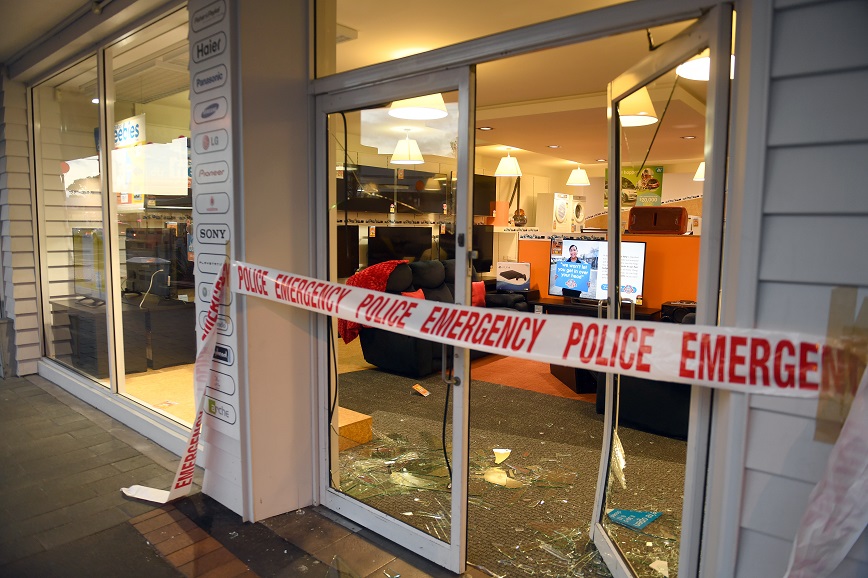
Running a business from home is one thing, but taking the leap to a shopfront is altogether another. Fortunately, as millions before you have proven, it can be done.
But not only does it require planning, budgeting, and a solid understanding of the risks you'll face, it also requires you to take out the right insurance, says Neil Cousins, Steadfast's Broker Services Manager.
“If you have a computer that has your records on it and they're not backed up properly, then you’re risking interruption to your 'from home' business that you can't easily deal with”
1. Theft
The first cab off the rank is ensuring you have adequate security measures in place to protect the equipment, stock and cash within your new premises.
Depending on what's most suitable for your business, that could include a safe, bars on windows, a security guard or advanced alarm systems.
It's also worth considering insurance against theft and property damage.
“What happens in most burglaries is that not only do they come in and take stuff, but they damage things,” Neil says.
2. Fire
No one wants to see their dreams go up in smoke.
Not only do you need to identify fire risks within your business, such as electric radiators, but you should install fire extinguishers and smoke alarms.
Speak to an experienced broker about appropriate insurance and backup all your business documents and files off-site.
If you have a computer that has your records on it and they're not backed up properly, then you’re risking interruption to your 'from home' business that you can't easily deal with” says Neil.
3. Business interruption insurance
Whether it's a roof-raising storm, a wall-shattering earthquake, or a car through your shop window, it's important to help protect your business against things that can suddenly and unpredictably bring your income stream to a halt.
“If you're an owner/operator or a single tradie, how would you pay your expenses – the rent, the wages, the electricity – without an income?” he asks. “That's why you need Business Interruption Insurance.
4. Ask an expert
While you can always take steps to mitigate against worst-case scenarios, the fundamental risk mitigation strategy is to have an expert review your insurance and ensure it is appropriate.
“That helps transfer the risk from you to the insurance company,” Neil says “and underscores the importance of seeking the advice of an experienced broker."




